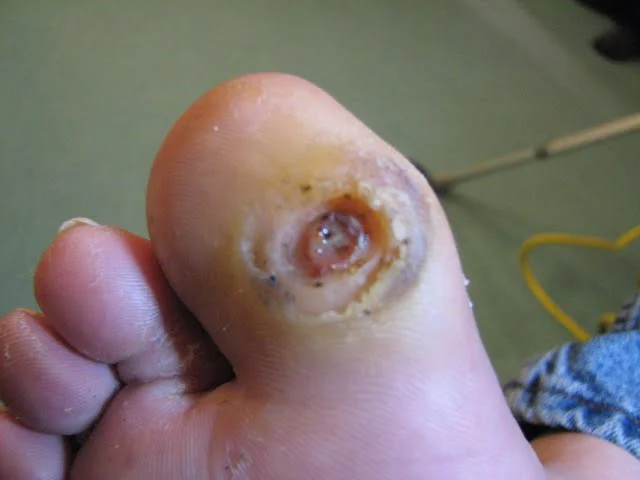
DOT physicals are required for anyone operating a commercial motor vehicle in the United States. These exams are regulated by the Federal Motor Carrier Safety Administration and are intended to evaluate your overall ability to perform the physical and mental duties of commercial driving. This includes vision, hearing, cardiovascular health, and more. By confirming your medical fitness, these exams help reduce the risk of accidents and health-related incidents on the road. DOT physicals must be completed by certified medical examiners, and the results determine whether you receive medical certification to drive commercially. Preparing in advance can reduce stress and lead to a smoother experience.
What To Bring to the Appointment
You’ll need to bring a few items with you to your DOT physicals to avoid delays or rescheduling. This includes a valid driver’s license or government-issued photo ID. If you wear glasses or contact lenses, bring them along for the vision test. A list of current medications, including dosages and prescribing doctors, is also helpful. If you have any chronic conditions like diabetes or sleep apnea, bring relevant medical records or documentation. Drivers who use CPAP machines should bring compliance data from the past 30 days if required.
The medical examiner will begin with a review of your medical history, including any surgeries, medications, or ongoing treatments. You’ll be asked questions about past diagnoses, mental health, and substance use. Next, a physical exam will be performed, covering your heart, lungs, abdomen, and musculoskeletal system. A hearing and vision test will assess your ability to perceive your surroundings while driving. A urinalysis will check for signs of underlying conditions like diabetes or kidney issues. Your blood pressure and pulse will also be evaluated.
How to Prepare Physically and Mentally
Get a good night’s sleep before the exam and avoid caffeine or nicotine in the hours leading up to your appointment. These substances can temporarily raise your blood pressure, which may affect the outcome of your DOT physical. If you take medication to manage conditions like hypertension or diabetes, take your dose as prescribed and bring documentation from your primary care provider.
Eat a light meal, stay hydrated, and arrive early to complete any paperwork. Mental preparation also matters—stay calm and answer questions honestly. Confidence and preparation can make a big difference in how smoothly the appointment goes.
Not passing a DOT physical doesn’t always mean you can’t drive commercially. In some cases, you may be given a short-term medical certification and asked to follow up with a specialist. If a condition like high blood pressure is flagged, treatment may allow you to return for reevaluation and obtain certification. For more serious conditions, you may be temporarily disqualified until proper documentation or test results are submitted. Always talk to your primary care provider or a medical examiner about your options. Taking action early can help you get back on the road more quickly.
Stay Ready for DOT Physicals
Preparing for DOT physicals shouldn’t be a once-every-two-years task. Regular visits to your primary care provider and ongoing management of chronic conditions can reduce last-minute surprises. Eating well, exercising, and maintaining a stable sleep schedule also support long-term driving eligibility. Staying healthy isn’t just about passing the exam—it contributes to better performance behind the wheel and fewer interruptions in your work schedule. By making wellness a consistent priority, drivers can protect their careers and their overall well-being. Consistent effort leads to greater confidence when the next physical comes around.





